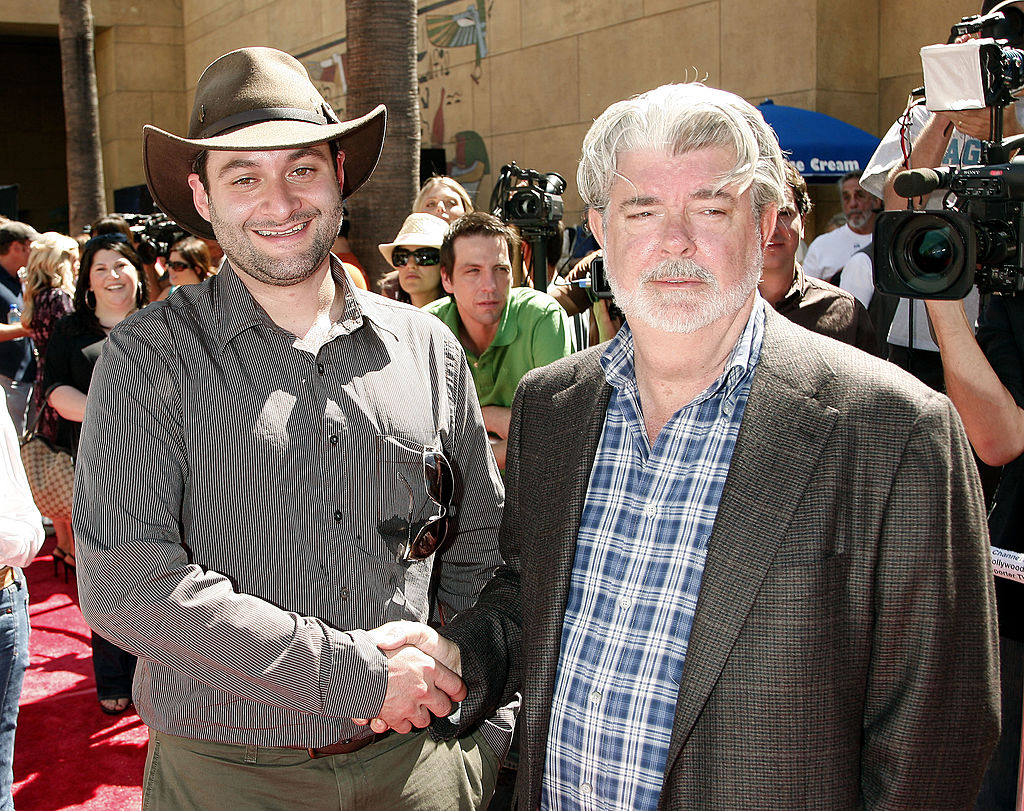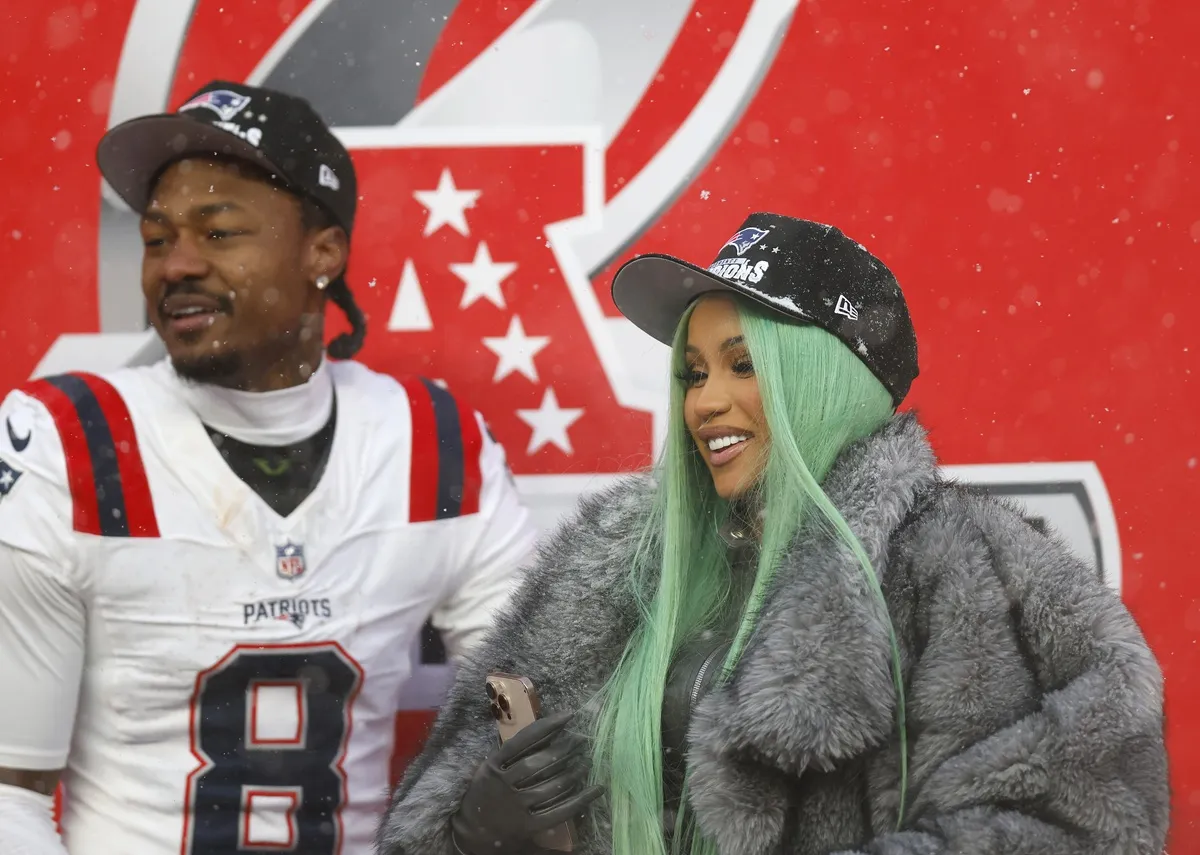‘Star Wars’: Why the Universe Is Full of ‘Whiny’ Heroes Like Ahsoka Tano and Luke Skywalker
Depending on the individual, George Lucas’ “galaxy far, far away” is either the most overrated movie franchise in the universe or one of the best to ever hit the big screen. To be sure, Star Wars means something different to everyone. And those who despise it tend to be just as passionate as those who adore the saga.
However, both sides agree on a few key issues. Both Luke Skywalker and his father, Anakin — the heroes of the original and prequel trilogies, respectively — are often labeled as “whiny.” Luke’s lamenting on the Lars homestead is a key example, as are Anakin’s complaints about sand. As it turns out, there’s a key reason for this irritating family trait.

‘Star Wars’ relies heavily on the archetypal classic hero’s journey
When Lucas created 1977’s A New Hope, the story was famously inspired by the adventure serials he’d grown up with. Characters like Buck Rogers and Flash Gordon carried the same heightened sense of fantastical adventure. And Lucas aimed to reconsider this “space opera” tone from his own perspective. As a result, he gave birth to a phenomenon.
But in addition to those specific hallmarks of Lucas’ own youth, Star Wars is based on author Joseph Campbell’s studies of comparative mythology. In his 1949 book The Hero with a Thousand Faces, Campbell breaks down the structure of myths and the evolution of their characters. And many of these archetypes are essential throughout Star Wars storytelling.
What Campbell called “the hero’s journey” is what makes iconic characters like Harry Potter, Frodo Baggins, the Skywalkers, and so many others resonate with audiences. But the hero’s journey has to be handled just right for the full impact to be effective. In fact, the protagonist needs to show little to no indication of the hero they will later become.
Luke Skywalker set the tone for the saga’s heroes
Dave Filoni — showrunner on Star Wars: The Clone Wars — learned directly from Lucas himself how to craft compelling Star Wars characters. And as Filoni revealed to Deadline, there’s an excellent reason why so many of the saga’s heroes are off-putting at first.
“I think when people go and watch Luke Skywalker as a young man in A New Hope, a lot of people commented, ‘Oh, he sounds whiny,'” Filoni said. “George knew to begin with a character of inexperience, whether we like that or not, and grow them in a way that the audience came to respect them.”
Looking back, it’s startling to see just how much Luke and Anakin change over time. From whiny kids on the desert planet of Tatooine, the Skywalkers eventually become powerful Jedi. Beginning from a place of such stark contrast does make the journey feel more epic in scope. And Lucas’ approach has informed a great deal of Filoni’s own Star Wars work.
“I was fortunate enough to learn directly from George Lucas kind of the do’s and don’ts, and it was a learning experience,” he said. “If my team and I have had any success now, it’s improving and getting better over the years, and learning from George. That’s what makes this all work.”
Ahsoka Tano falls right in line with the saga’s tradition
Perhaps the best example of how Filoni has applied this type of characterization is Ahsoka Tano (Ashley Eckstein). He created the character for Star Wars: The Clone Wars. And her arrogant, childish attitude initially rubbed many fans the wrong way. Yet, Ahsoka evolved over the series into arguably one of the most popular Star Wars characters. And here’s why.
“I think people like Ahsoka because they relate to her,” he told Deadline. “I think that her being very young and very brash and the way that she behaves allowed the greater scope for her to have a maturity, for her to progress and grow as a character that over a long period of time paid off.”
Viewers meet Ahsoka as a child. And young fans are able to latch onto her journey and grow with her, Filoni said. The brotherly relationship she shares with Anakin positions her as even more of an underdog. Like young fans, she yearns to prove herself. And that’s inherently a dynamic that resonates with fans.
“I always try to look at it as relating to kids, because I was a kid when I first watched Star Wars. The more real-world you make that experience as a character, even if the situation itself is fantastic, the better it relates to the audience, and that’s something that George reinforced time and again to me while I made this stuff.”


